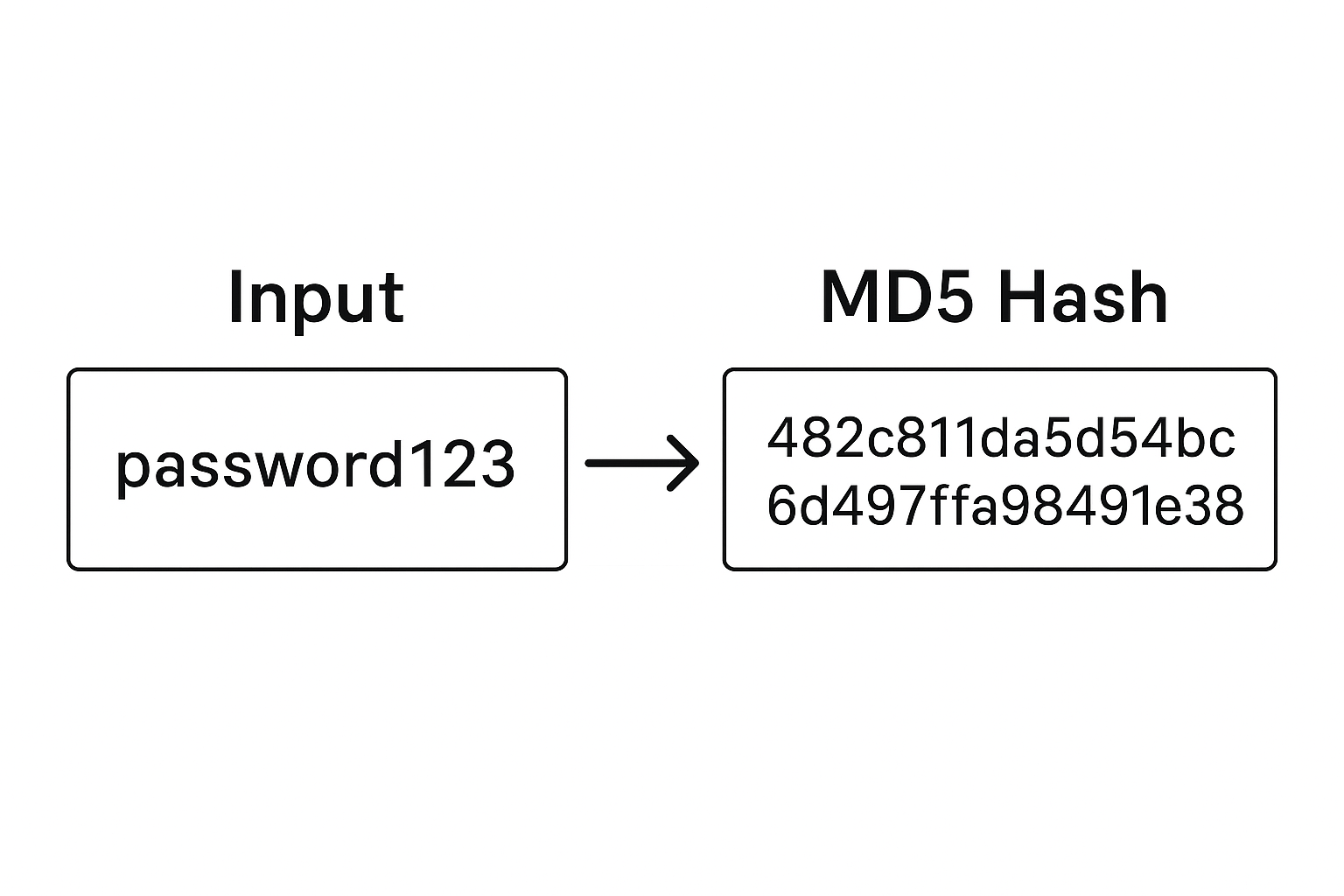
MD5 generator
Created on 4 October, 2025 • Generator tools • 76 views • 2 minutes read
"Learn everything about MD5 Generator – how it works, features, applications, and limitations. Convert text or files into secure MD5 hash values instantly for checksum verification and data integrity."
MD5 Generator – A Complete GuideIntroduction to MD5 Generator
An MD5 generator is a tool that creates an MD5 hash value from a given input, such as text, numbers, or files. MD5, which stands for Message-Digest Algorithm 5, was developed by Ronald Rivest in 1991 as a cryptographic hash function. It produces a 128-bit hash value (usually represented as a 32-character hexadecimal number). MD5 is widely used in security, data integrity checks, and password storage, though it is no longer considered fully secure for modern cryptographic needs.
Despite its vulnerabilities, MD5 remains popular for non-critical tasks such as checksum verification, digital signatures, and hash-based indexing. An MD5 generator online allows users to quickly convert plain text into an MD5 hash, ensuring consistency and efficiency in data handling.
How Does an MD5 Generator Work?
An MD5 generator works by processing input data through the MD5 hashing algorithm. Unlike encryption, MD5 is one-way – meaning that once data is converted into an MD5 hash, it cannot be reversed back to its original form.
For example:
Input: password123
MD5 Hash Output: 482c811da5d5b4bc6d497ffa98491e38
This unique hash ensures that even small changes in the input will produce a completely different hash value.
Key Features of an MD5 Generator
An online or software-based MD5 generator typically provides the following features:
1. Instant Hash Creation
Users can input text, numbers, or upload files to generate MD5 values instantly.
2. Checksum Verification
MD5 hashes are often used to verify the integrity of files. For example, when downloading software, you can compare the MD5 hash provided by the developer with the generated one to ensure the file hasn’t been altered.
3. Cross-Platform Usage
Most MD5 generators are web-based and work across browsers, operating systems, and devices.
4. Batch Processing
Advanced MD5 generators allow multiple inputs at once, saving time for developers and IT professionals.
Applications of MD5 Generator
1. File Integrity Verification
MD5 is commonly used in software distribution to confirm that a file has not been corrupted or tampered with.
2. Password Hashing
Although MD5 is no longer recommended for strong security, it was widely used for password storage in older systems. Many databases still contain MD5-hashed passwords.
3. Digital Signatures and Certificates
MD5 can generate unique identifiers for digital certificates, although stronger algorithms are now preferred.
4. Data Indexing
MD5 hashes help in organizing and indexing large sets of data quickly.
Limitations of MD5
While MD5 generators are useful, it’s important to recognize their weaknesses:
Vulnerability to Collisions – Different inputs may produce the same hash.
Not Secure for Modern Encryption – Better alternatives like SHA-256 or SHA-3 should be used for sensitive data.
Easily Cracked with Brute Force or Rainbow Tables – Weak passwords hashed with MD5 can be quickly broken.
Conclusion
An MD5 generator is a powerful tool for creating hash values that can be used in file verification, database indexing, and digital signatures. However, due to security flaws, MD5 should not be used for critical encryption or password protection. For secure hashing, algorithms like SHA-256, SHA-512, or bcrypt are strongly recommended.
By understanding the role of MD5 and using an MD5 generator online, users can benefit from its speed and efficiency while being aware of its limitations.
Popular posts
-
Barcode readerMisc Tools • 160 views
-
Color pickerMisc Tools • 122 views
-
Exif readerMisc Tools • 117 views
-
SHA-256 generatorGenerator tools • 93 views
-
Ip LookupChecker Tools • 90 views